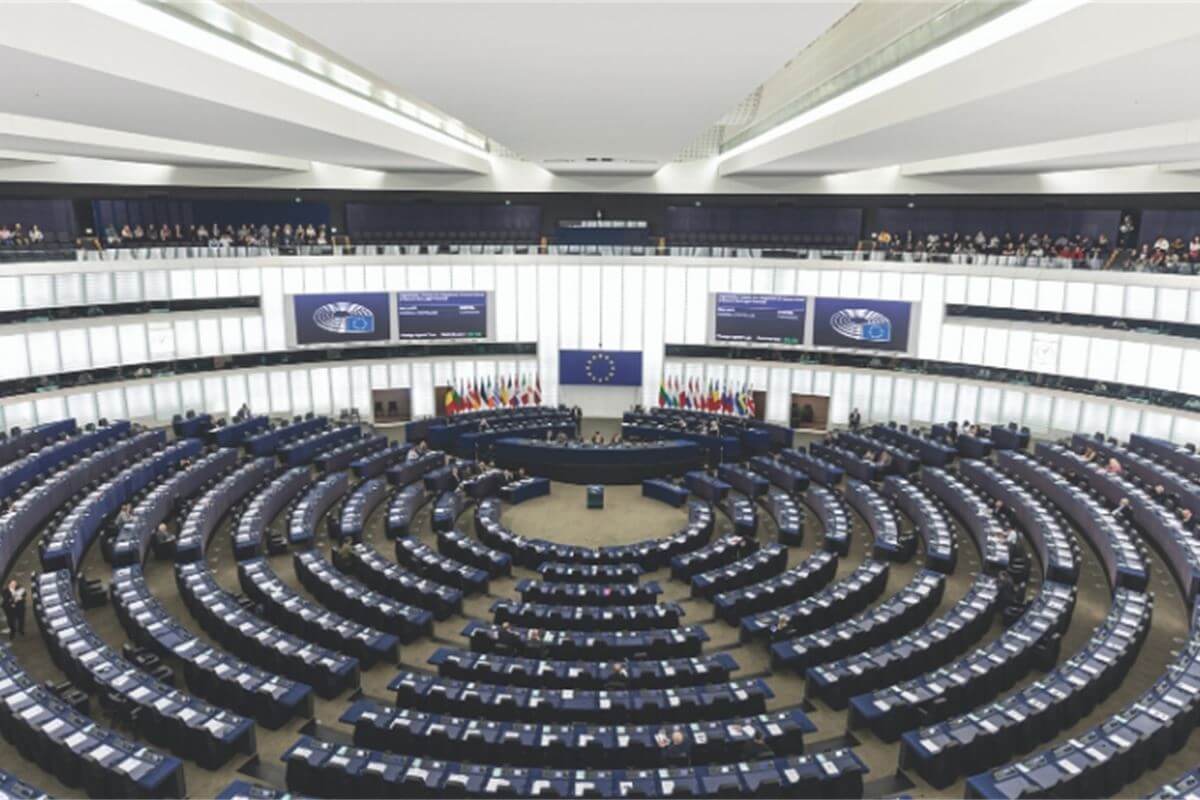Members of the European Parliament (MEPs) have urged the European Commission to take action against Hungary and Poland over their divergence from the European Union’s (EU) values and its rule of law.
On Tuesday, Sophie in ’t Veld, a liberal MEP from the Netherlands, called on Ursula von der Leyen, the Commission’s president, to rein in Budapest and Hungary. She told Euronews: “If we feel that the [European] Commission does not perform, then there have to be consequences. Of course, the ultimate consequence is [the] resignation [of the Commission]. I don’t think we will get there, but, for example, now the Parliament has to take the Commission to court quickly and not take another three or four months or longer to make their decision.”
She also accused the Commission of lacking the courage to stand up to Poland and Hungary and demanded radical redesigning of the EU, noting that rebellious countries have the power to veto any punishments against them. The MEP said, “They are taking all the decisions that affect citizens, but also they can block all the decisions, and that gives the power to the offenders themselves. And I think that in a democracy, there should always be checks and balances, powers and counter-powers, scrutiny and accountability, and that element is missing.”
“The European Council is not accountable to anyone, and yet they make all the decisions,” she added.
Last week, the European Parliament threatened to sue the Commission over its failure to hold Budapest and Warsaw accountable over their moves to undermine the rule of law, which reportedly include measures to erode judicial independence in Poland and freedom of the press in Hungary. The Parliament stated that it would take legal action against the Commission for failing to activate the conditionality instrument to prevent certain EU countries accused of democratic backsliding from accessing the bloc’s budget. In addition, the mechanism would allow the Commission to freeze payments to member states suspected of violating the EU law.
This mechanism has created a rift between the European Parliament and the Commission. The majority of the MEPs have been pushing for its immediate application, especially in Hungary and Poland’s case, which have been a frequent target of legal action.
In July, the two countries were also singled out in an annual report concerning the rule of law. Following this, the MEPs pressurised the Commission to activate the conditionality mechanism by invoking Article 7. In this regard, David Maria Sassoli, President of the European Parliament, wrote to von der Leyen in June to express regret over the latter’s inaction and demanded activation of the protocol. The Parliament gave two months to the Commission to take action and respond. However, the Commission missed its deadline on August 25.
Concerning this, Commission spokesperson Balázs Ujvári said, “We will not go ahead until we make sure that in terms of our toolbox this is the right instrument to be used and the work has been ongoing in this regard for a number of months. When all the conditions are met for us to start implementing the regulation, we will not hesitate to do so.”
Meanwhile, Hungarian Justice Minister Judit Varga criticised the Parliament for threatening to sue the Commission and said, “The European Parliament wants to be the judge, jury and executioner on the issue.” Moreover, the European Commissioner in charge of defending the EU values, Věra Jourová, met Poland’s Prime Minister Mateusz Morawiecki this week amid concerns about the country’s commitment to the EU values and democratic standards.
Earlier this year, the European Union criticised the Hungarian government for passing the anti-LGBTQ+ law, which bans the dissemination of content on homosexuality, transgender and sex reassignment to the under-18 age group. The legislation also effectively forbids the portrayal of same-sex love in TV commercials, shows, and advertisements made for minors. Likewise, Poland was condemned for creating LGBT+ free zones and enacting judicial reforms that prioritise Polish law over European law.

